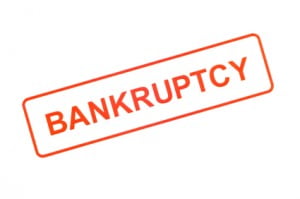
Benefits Of Chapter 11 Bankruptcy For Individual Debtors

Chapter 11 Bankruptcy for Individuals
In most cases, debtors who do not qualify for
Chapter 7 bankruptcy file
Chapter 13 bankruptcy . However, when a debtor owns lots of property but has little or no income,
he/she may want to file Chapter 11 bankruptcy.
Let’s take a look at some of the benefits of Chapter 11 bankruptcy
for the debtor with poor cash flow but lots of property with equity:
- Chapter 11 bankruptcy debtors don’t have to make payments immediately
after the confirmation of their plan. Since the Chapter 11 bankruptcy
is likely to be funded by the liquidation of real estate assets, the bankruptcy
court allows payments to be made from the proceeds of those sales. - Chapter 11 bankruptcy debtors may not be required to make payments between
the time that they file bankruptcy and win confirmation of their plan.
Unlike Chapter 13 bankruptcy, debtors in Chapter 11 bankruptcy may be
able to delay mortgage payments as long as there is sufficient equity
in their property. - Filing a Chapter 11 bankruptcy will give the debtor the time they need
to sell property and pay off their debts. Of course this will only work
if the property has enough equity in it secure the interests of the creditors.
For debtors who are underwater on most or all of their real estate holdings,
a Chapter 11 bankruptcy may not be an effective tool.
It’s important to note that a Chapter 11 bankruptcy can be considerably
more expensive and complex than a Chapter 13 bankruptcy. However, depending
on the value of your assets, some bankruptcy attorneys may be willing
to deduct their fees from the sale of assets.

